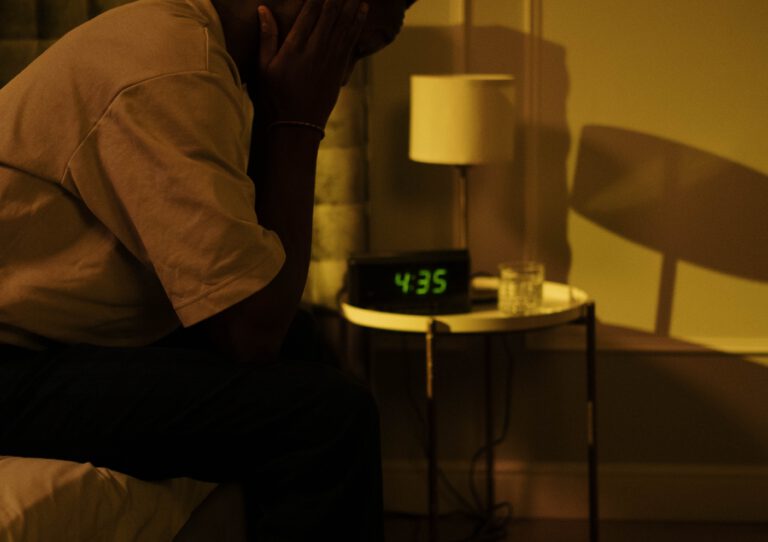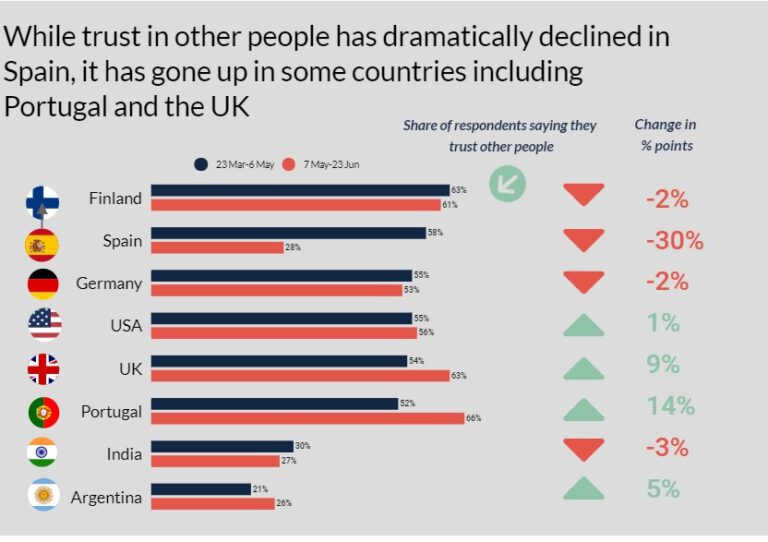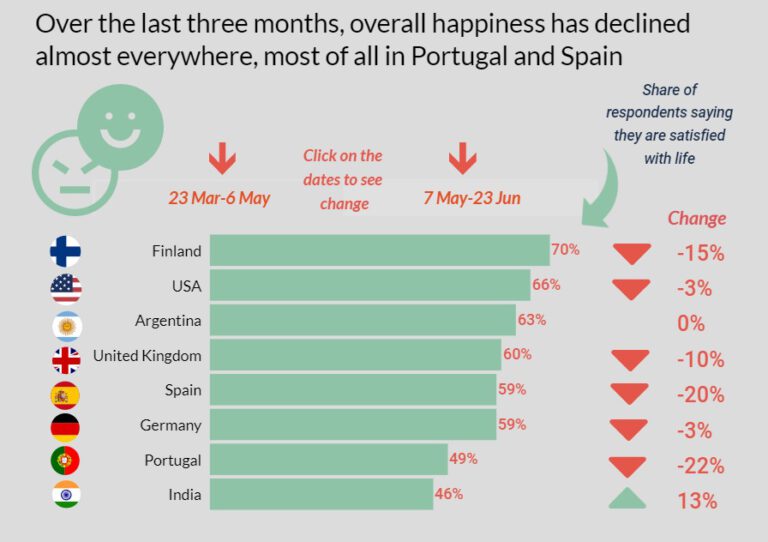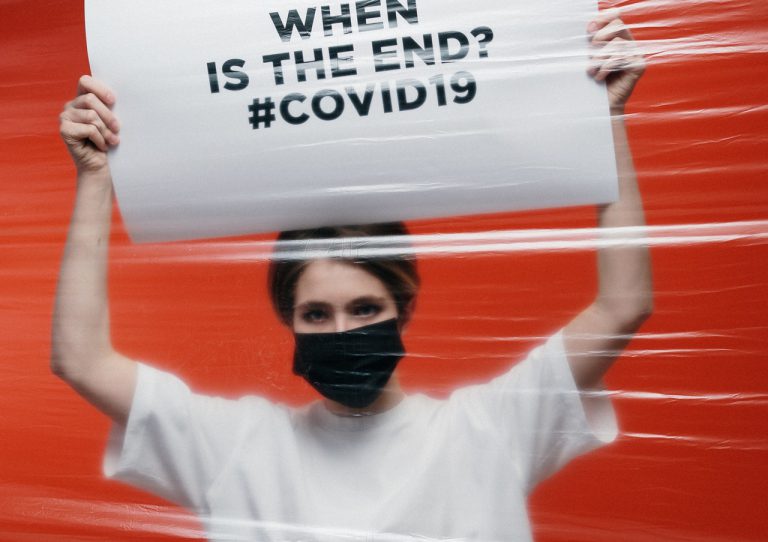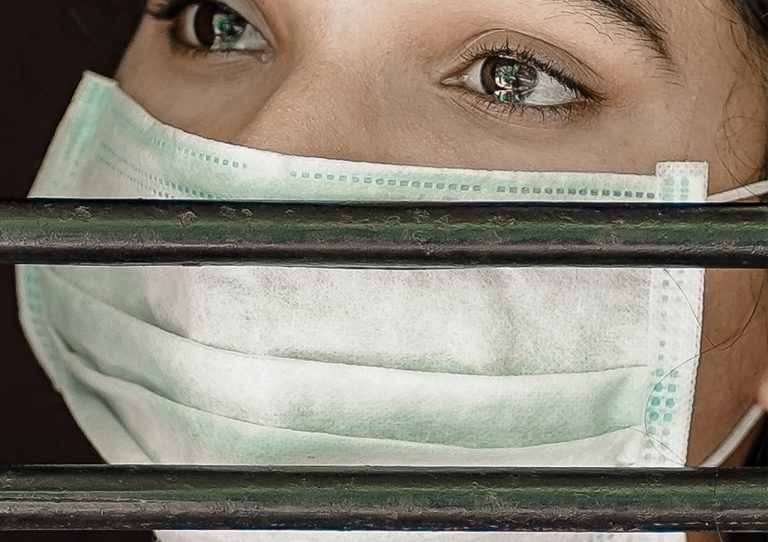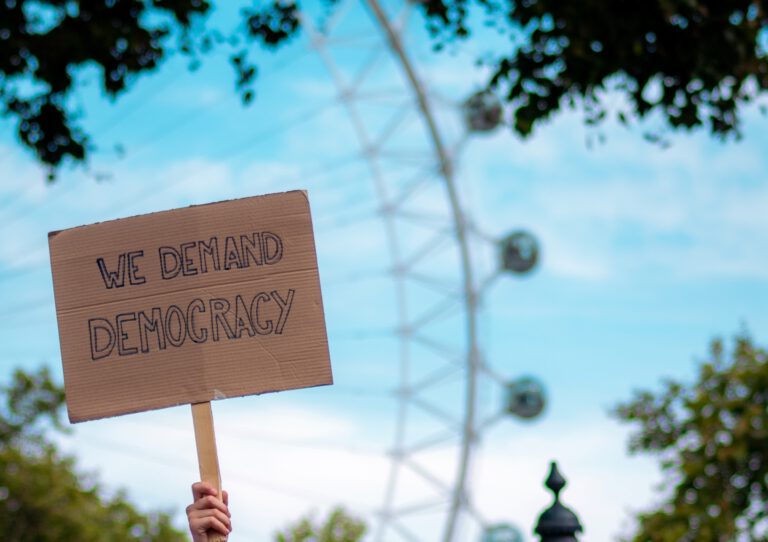
Political views during the pandemic
The Life with Corona project provides evidence on people’s democratic views during the pandemic. Our survey asked participants from five democratic nations their opinion about different political systems to govern their countries, some of them without a representative government.
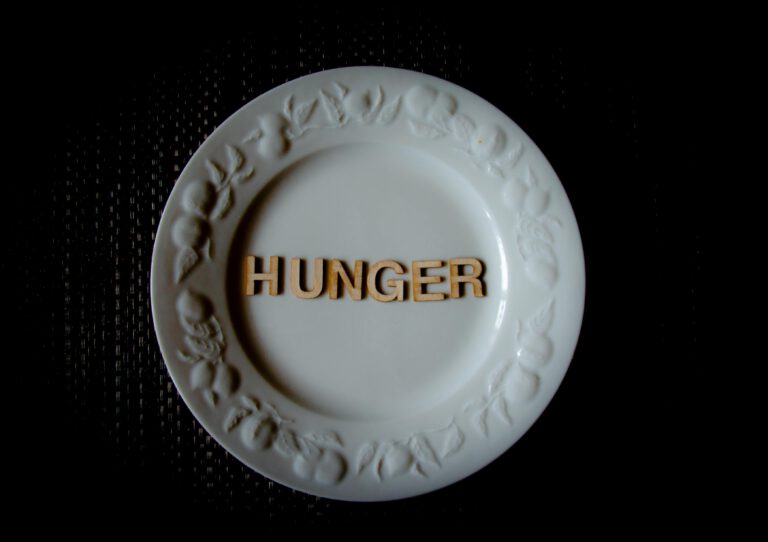
The pandemic, income losses and food insecurity
This week we explore whether income losses have translated into food insecurity: not having access to sufficient, safe, and nutritious food that meets people’s dietary preferences and needs.
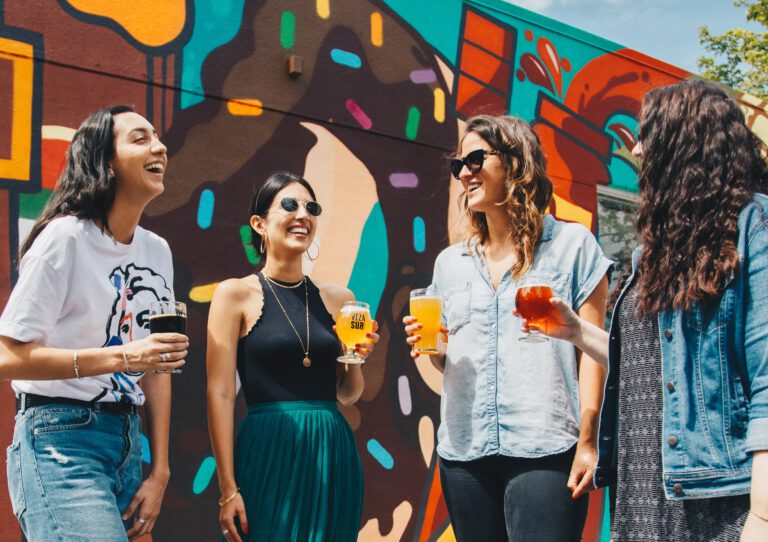
Are young people unfairly blamed for driving the spread of COVID-19? Part II
In our last blog post, we presented evidence that questions simple narratives of young people as irresponsible and dismissive of COVID-19 risks and public health. In this post, we focus on meeting and interacting with other people.
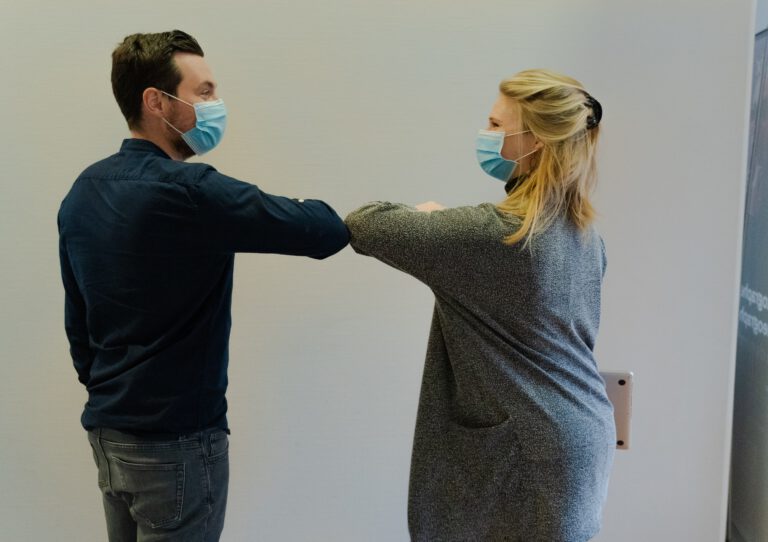
Are young people unfairly blamed for driving the spread of COVID-19? (Part I)
The recent second wave of COVID-19 infections besetting countries around the world has re-fueled narratives of young people as the main spreaders of the disease. These perspectives often cast young adults as irresponsible and dismissive of COVID-19 risks and public health.

One in four report income loss due to pandemic – self-employed most affected
Loss of income is one of the most common consequences of the pandemic. We analysed data from the second round of the Life with Corona survey to see whether there were differences between high- and middle-income countries in the number of people who experienced a decrease in income since the beginning of the pandemic.
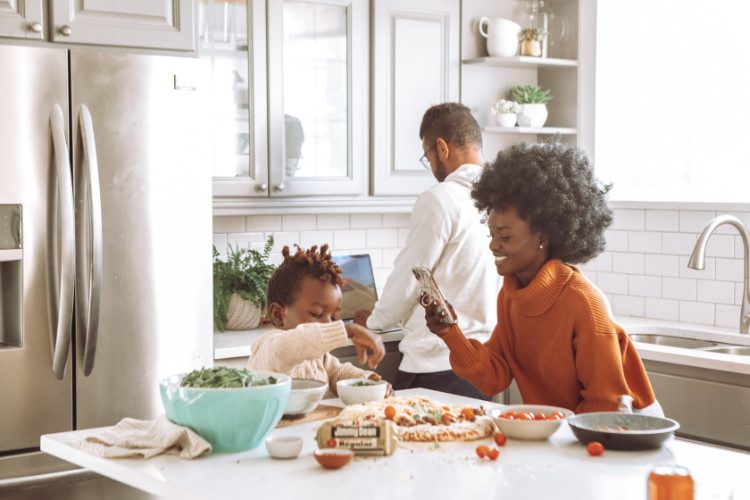
How we experience the pandemic is shaped by who we live with
A range of variables will influence how we experience the social, economic and emotional shock of the pandemic. This week, we set out to look at how one set of these variables might be governing our perceptions, behaviours and beliefs: who we live with.
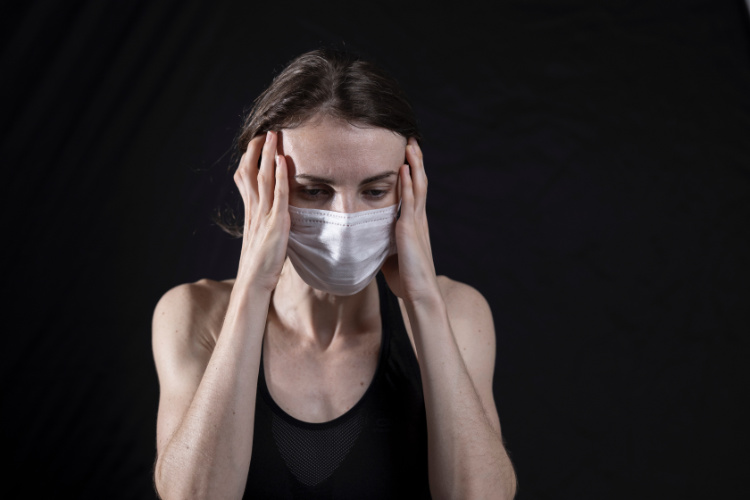
How has the pandemic affected our mental health?
One of the main aspects that has been affected by the pandemic is people’s mental health. Mental health is sensitive to stressful events and to the social and economic impacts that these events can bring.
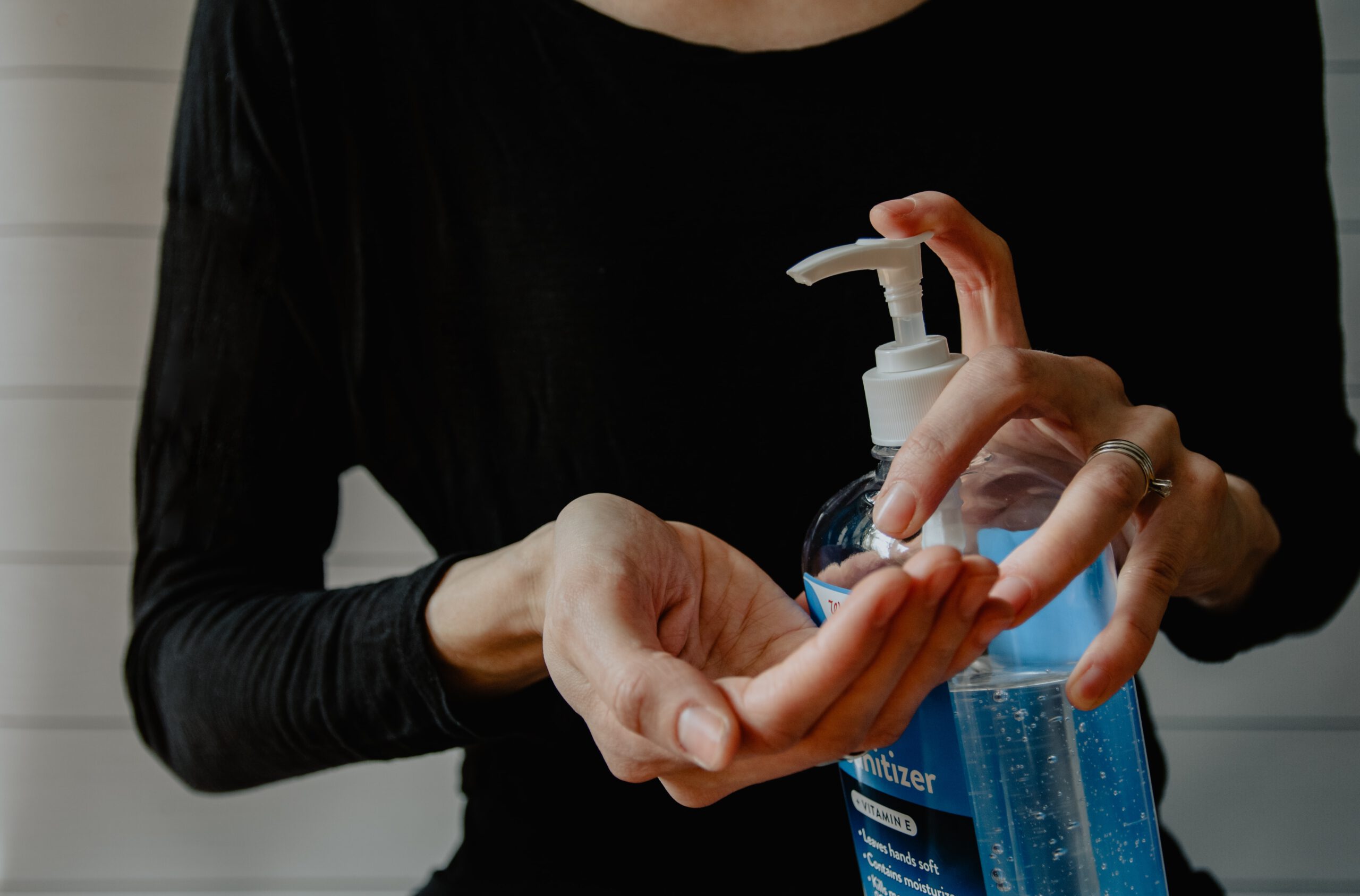
Infection rates and people’s behaviour in Germany
For our latest analysis, we combined the Round 1 and Round 2 survey data to compare respondents’ behaviours during the first (end-March-early May 2020) and second (since early December) lockdowns in Germany.
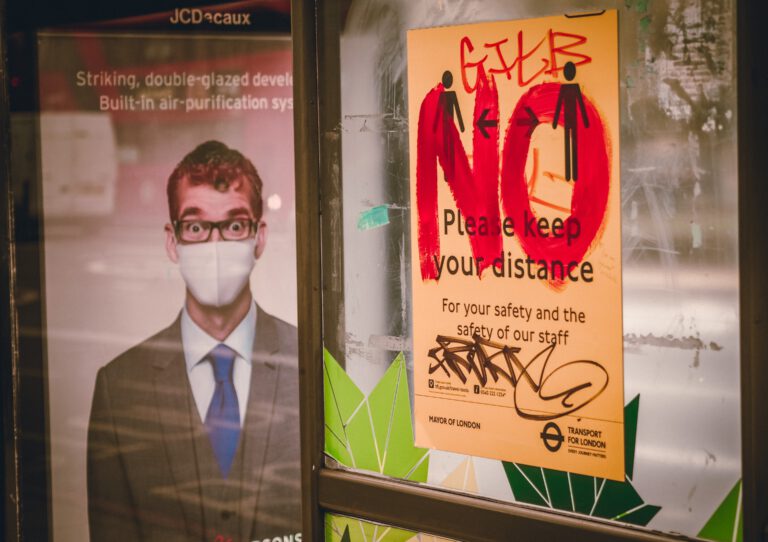
Too strict or too lax? Governments’ COVID-19 countermeasures split opinions
Since the start of the new round of Life With Corona-survey in October, many countries have been facing a second wave of the pandemic. In addition to sharply increasing case numbers, this has also meant newly implemented containment measures.
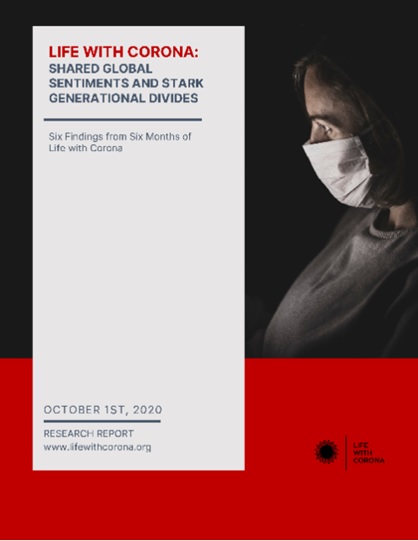
NEW REPORT: Life with Corona: Shared Global Sentiments and Stark Generational Divides
Six findings from six months of Life with Corona, a global research project to collect real-time data on the social and economic impacts of COVID-19.
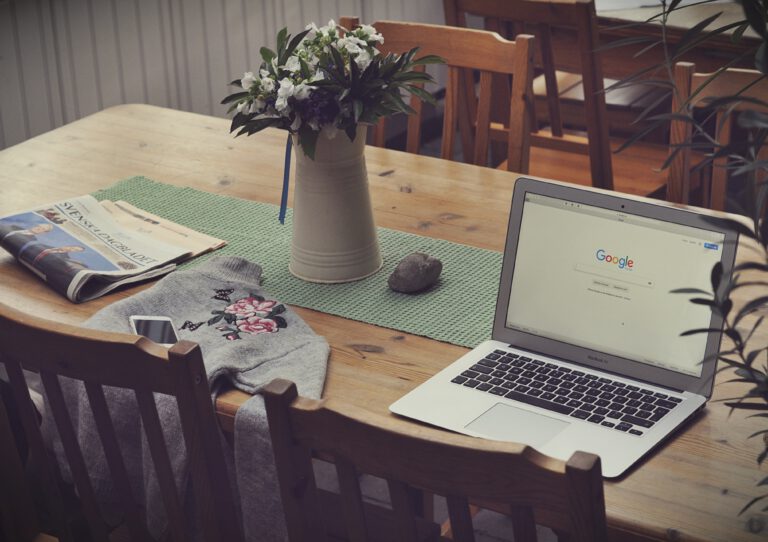
What is the effect of working from home and supermarket shortages on our quality of life?
This week, we look at how people have been affected by pandemic-enforced changes to day-to-day life. Particularly, we are interested in those who have been forced to work from home and in those who have experienced difficulties finding standard goods in the supermarket. Although neither of these is a direct consequence of the health components of the pandemic, they capture the idea that the pandemic also has more mundane impacts on people’s lives.
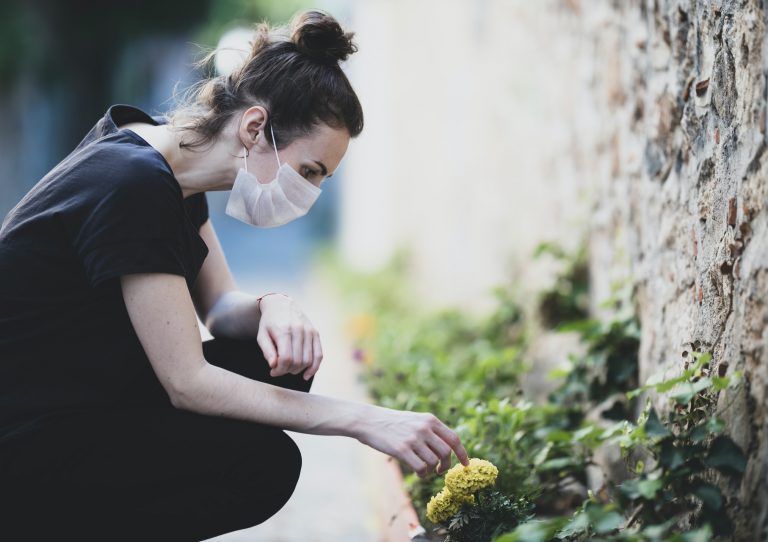
Is COVID-19 turning us into gardeners?
Given the well-documented shortages in supermarkets and other stores, this week we will look at whether people are interested in using their outside space (should they be lucky enough to have it) to grow their own foodstuffs.
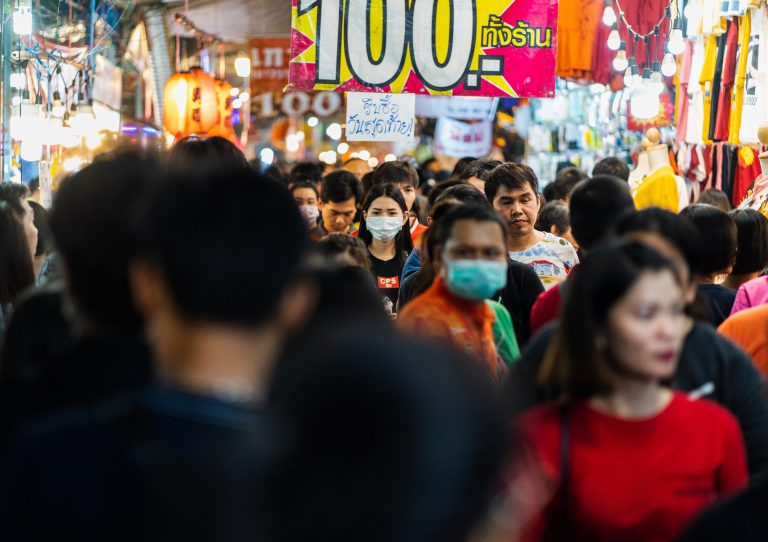
Those who trust others cope better with the crisis
Trust in others is an important aspect of how people feel and interact with others, especially during crises.
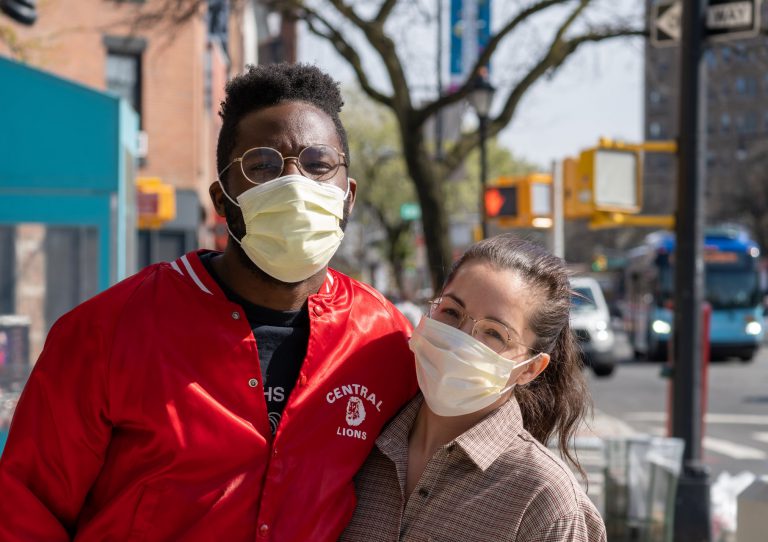
Do women and men experience the coronavirus crisis differently?
This week, we wanted to understand if women and men globally were experiencing the coronavirus crisis in the same way, and to see which parts of it they might be experiencing differently.

- Support for COVID-19 related measures placed by the government is falling.
- Nearly half of US respondents think they should have priority access to a coronavirus vaccine if it is developed in their country.
- Social distancing is the greatest impact of coronavirus crisis for the Europeans and Americans, whereas Africans and Asians worry more about getting sick.

